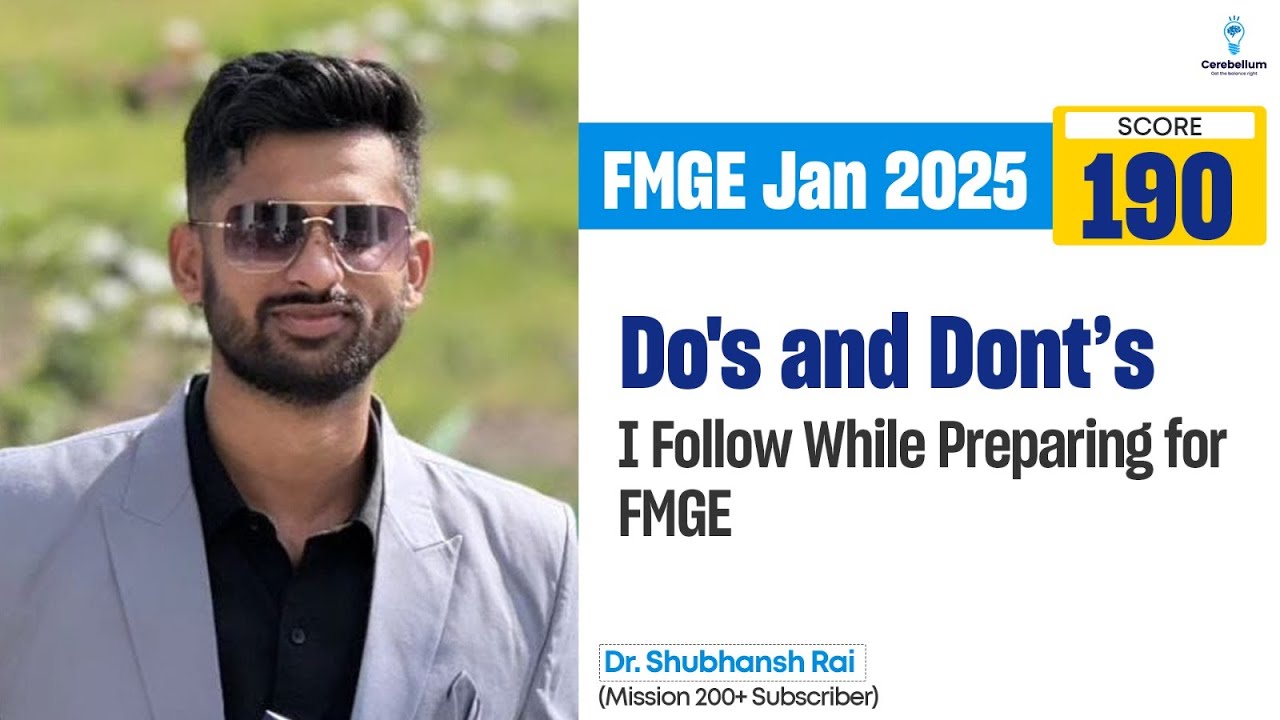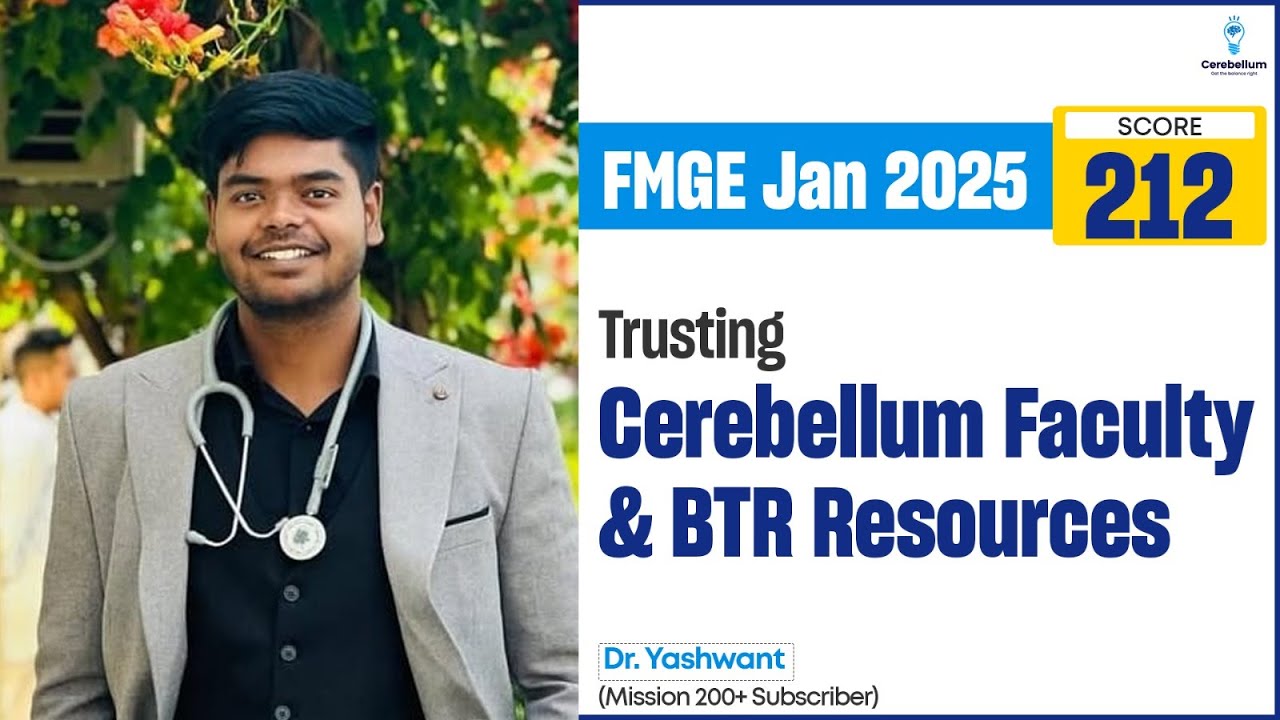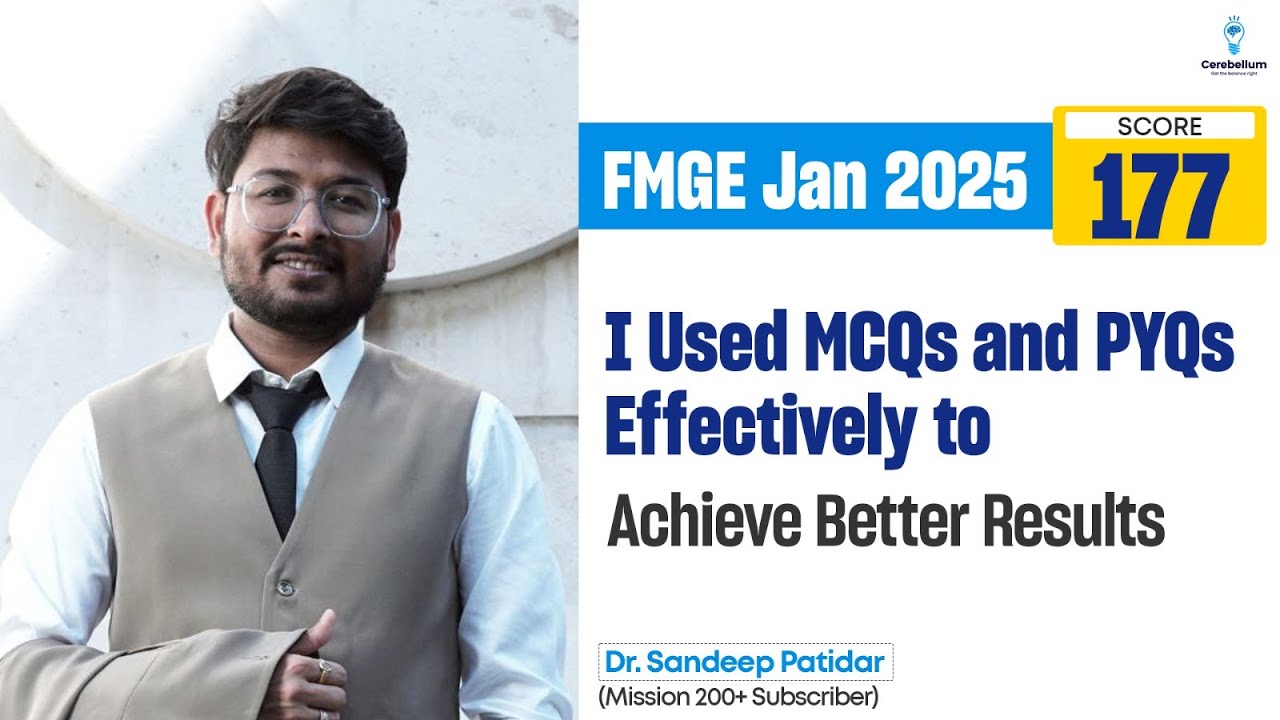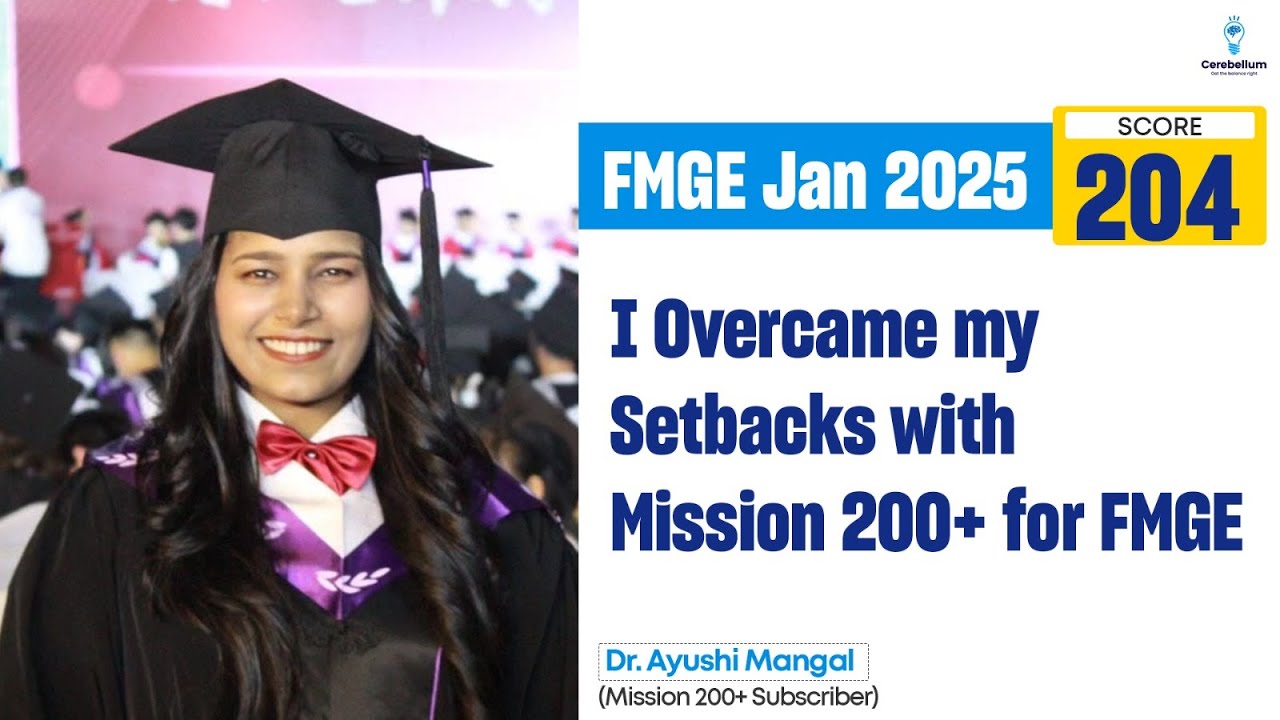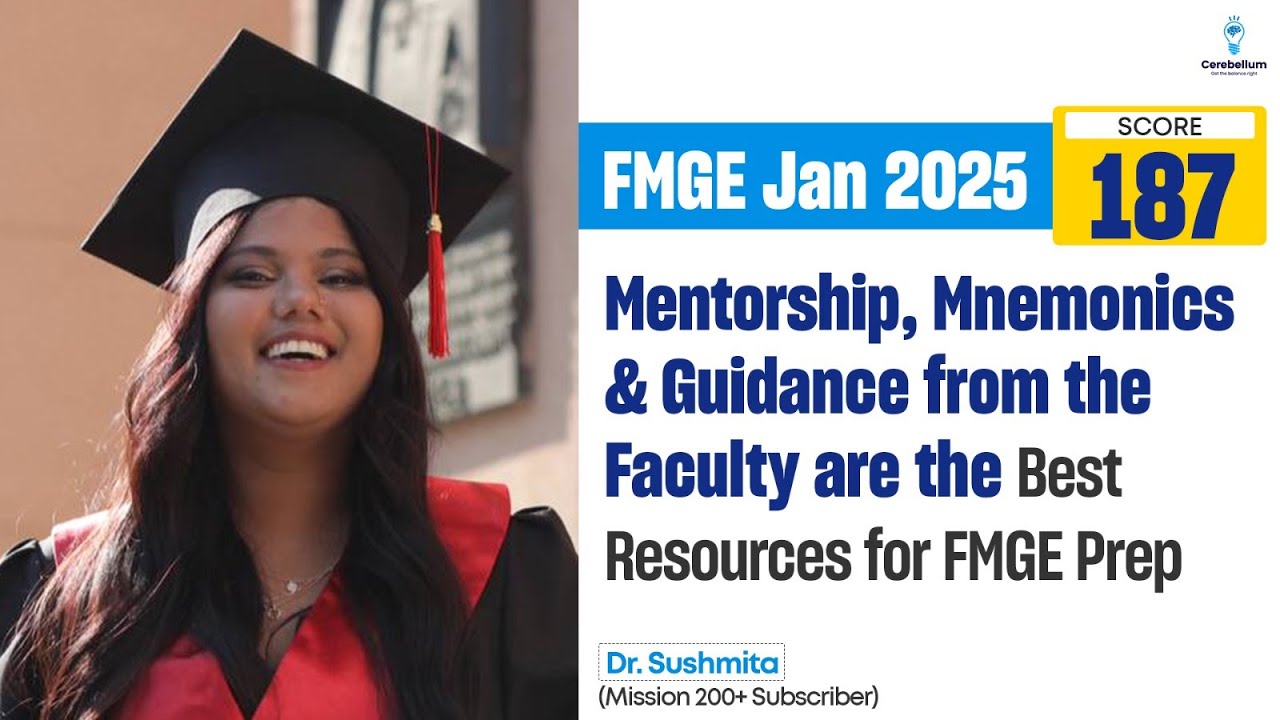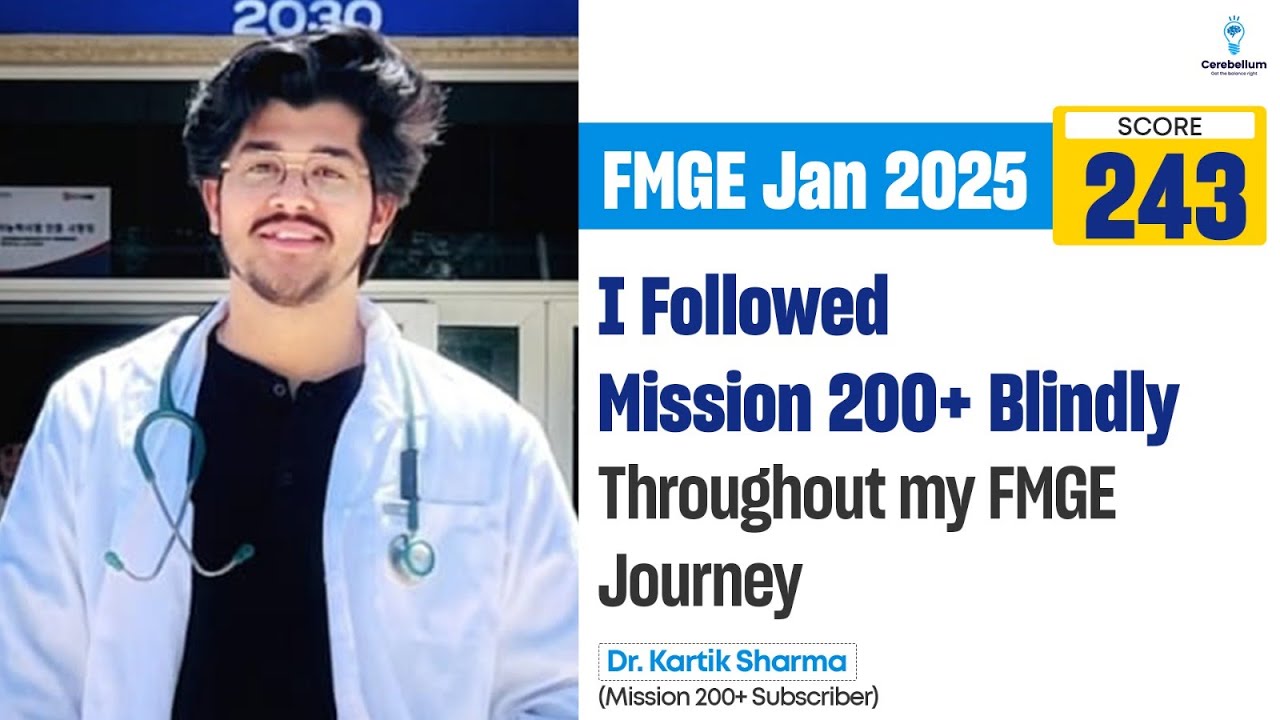If you are planning to appear for the FMGE December 2025, there is one thing you cannot ignore is understanding the FMGE syllabus and exam pattern. Lacking insight into what exactly to study, the weightage of each subject, and the format the paper follows, your preparation can go awry.
Let’s simplify everything here in the easiest manner, so you concentrate more on learning wisely and less on being confused.
So, What is FMGE Exactly?
The Foreign Medical Graduate Examination (FMGE) is a screening test held by the National Board of Examinations (NBE). It’s compulsory for Indian or Overseas citizens of India who have completed their medical studies abroad and want to practice in India.
Passing FMGE is the first step prior to applying for your medical registration with the NMC (National Medical Commission).
FMGE Exam Pattern: Know This Before You Begin
If you don’t know the FMGE exam pattern, you might end up over- or under-preparing, or preparing for the wrong things. Here’s what the exam is like:
| Events | Details |
| Exam Mode | Online (computer-based) |
| Papers | FMGE Papers 1 and 2 |
| Total Questions | 300 MCQs (150 in each paper) |
| Type of Questions | Single best answer (no negative marking) |
| Time | 2.5 hours per paper |
| Minimum Marks to Pass | 150/300 |
| Paper Schedule | Paper 1 (morning), Paper 2 (afternoon) |
Complete FMGE Syllabus 2025 (Subject-Wise)
The FMGE syllabus 2025 is standard Indian MBBS curriculum-based. It’s categorized into three main phases: Pre-clinical, Para-clinical, and Clinical subjects.
Below is the FMGE syllabus with distinct subject-wise marks distribution, so you know what to study:
Pre-Clinical Subjects – Total 50 Marks
| Subject | Marks |
| Anatomy | 17 |
| Physiology | 17 |
| Biochemistry | 16 |
Para-Clinical Subjects – Total 100 Marks
| Subject | Marks |
| Pathology | 25 |
| Microbiology | 20 |
| Pharmacology | 20 |
| Forensic Medicine | 10 |
| PSM (Community Medicine) | 25 |
Clinical Subjects – Total 150 Marks
| Subject | Marks |
| Medicine, Radiology | 40 |
| Surgery, Orthopedics, Anesthesia | 40 |
| Obstetrics and Gynaecology | 30 |
| Pediatrics | 10 |
| Ophthalmology | 10 |
| ENT | 10 |
| Dermatology + Psychiatry | 10 |
These are the specific FMGE exam subjects you’ll be asked to answer. Memorize this table—it’s your blueprint for preparation.
FMG Exam Date 2025 is coming Close. How to Revise All Subjects?
FMGE Paper 1 and Paper 2 Subjects: What Comes Where?
Although NBE does not make the subjects Paper 1 and Paper 2 officially, based on previous years:
FMGE Paper 1 subjects typically consist of: Anatomy, Physiology, Biochemistry, Pathology, Pharmacology, Microbiology, Forensic Medicine, and PSM.
FMGE Paper 2 subjects typically consist of: Medicine, Surgery, OBG, Pediatrics, ENT, Ophthalmology, Dermatology, and Psychiatry.
This makes it easier for you to concentrate better when you divide your revision into two halves.
Last-Minute Tips: Breaking the FMGE Syllabus Without Anxiety
- Do not chase too many sources—choose the right resource, Cerebellum Acadmey, which is trusted by the toppers.
- MCQ practice is a non-negotiable option.
- If you are lost and wondering what to study next, set achievable goals—finish a topic and edit it well before you proceed.
- Be regular. Even an hour a day makes a difference in the long run.
- If you are lost and wondering what to study next
Conclusion:
The FMGE syllabus is not just a syllabus—it’s your roadmap. As soon as you realise the FMGE exam subject-wise marks and FMGE paper pattern, everything is in place. You avoid wasting time on low-yield material. You begin studying with intention.
Whether you are doing it for the first time or it’s your last attempt, ensure that your preparation is aligned with the syllabus structure of FMGE 2025. When you learn what truly matters, passing FMGE becomes not only possible—but extremely feasible.
Download Cerebellum NEET PG Preparation Android app
Download Cerebellum NEET PG Preparation iOS app
Download Cerebellum NEET PG Preparation iphone app


